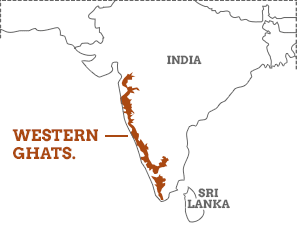The impact of technology and social media on societal issues is a complex and multifaceted topic. While these tools have the potential to raise awareness and facilitate change, they are not a panacea for deeply ingrained social problems. Rather, they should be seen as complementary to offline effortRead more
The impact of technology and social media on societal issues is a complex and multifaceted topic. While these tools have the potential to raise awareness and facilitate change, they are not a panacea for deeply ingrained social problems. Rather, they should be seen as complementary to offline efforts and policy changes. By leveraging technology and social media in a responsible and ethical manner, we can work towards creating a more just and equitable society. However, it is important to recognize the limitations and potential downfalls of these tools, and to approach them with a critical and subtle perspective.
For instance, social media campaigns can mobilize public support and mobilize resources for social causes. Online platforms can facilitate access to education, healthcare, and financial services for marginalized communities. However, it is important to recognize the limitations and potential downfalls of these tools, such as the spread of misinformation, online harassment, and unequal access to technology.
To fully harness the potential of technology and social media for social good, we must approach them with a critical and nuanced perspective. This includes investing in digital literacy programs, promoting online safety and privacy, and ensuring that technology is designed and deployed in an inclusive and equitable manner. By doing so, we can unlock the potential of technology and social media to drive positive social change and create a more just and equitable world for all.
See less

Subjects like Maths, Science, Economics and History may be related to some extent, however, their application varies. Economics makes use of a lot of mathematical concepts but the very use of economics goes far beyond simple calculations. Economics is a science in itself and therefore requires practRead more
Subjects like Maths, Science, Economics and History may be related to some extent, however, their application varies. Economics makes use of a lot of mathematical concepts but the very use of economics goes far beyond simple calculations. Economics is a science in itself and therefore requires practical and analytical skills. History, on the other hand, is a descriptive subject which delves into the past events. These past events could be political events, economic events and so on.
So, it would be completely unfair to have all these related but different subjects having the same syllabus across India for entrance examinations. To pursue further studies in any of the above disciplines, a student must require a basic/undergrad level of minimum education on these subjects. Students must be tested on the basis of their own domains and not on the basis of a common syllabi.
To provide a level playing field, a section on aptitude and language skills may be added. However, for higher studies, it is essential that the individual clears the minimum eligibility criteria. Thus, entrances for higher studies must have a syllabi which accurately deals with the disciple it is designed for, and not a common syllabi as you’ve mentioned in your question.
See less